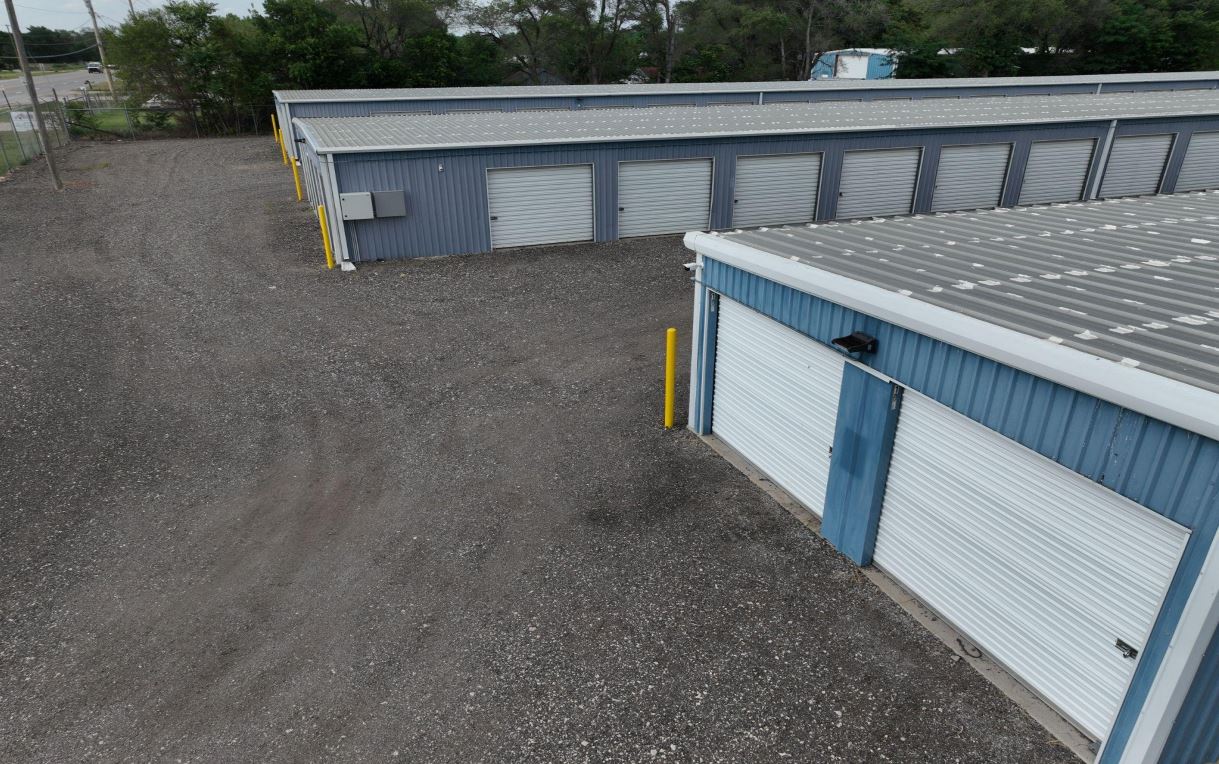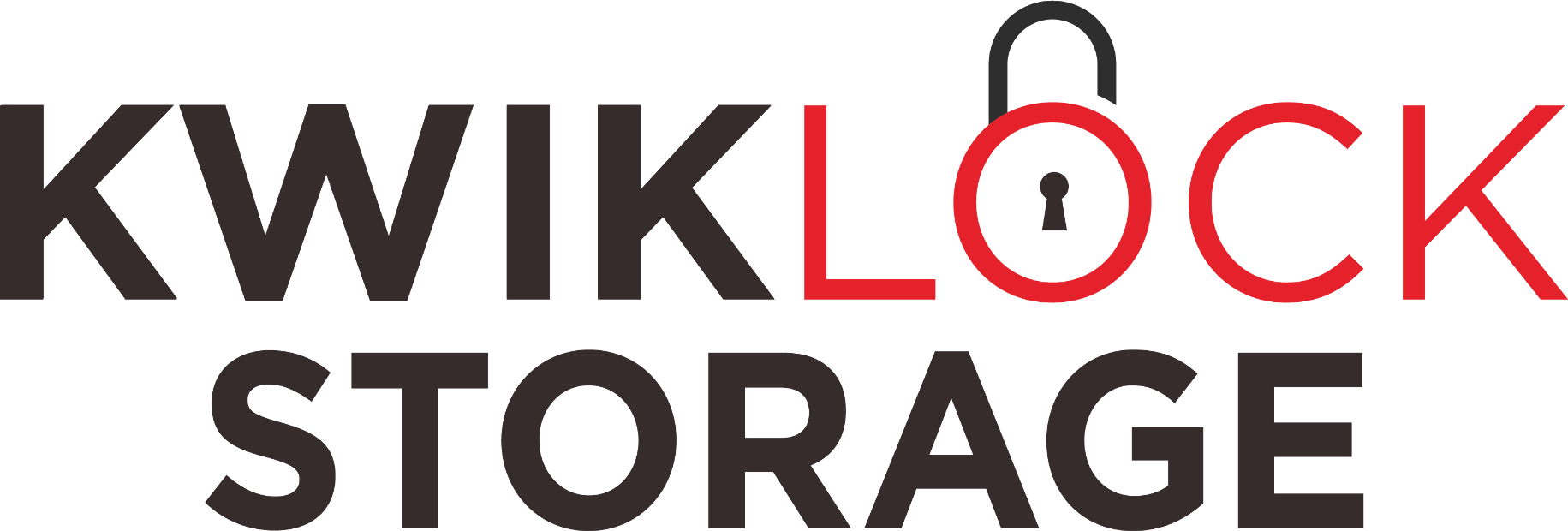The Differences Between Self-Storage and Publicly Available Storage
Kwiklock Storage
June 27th, 2023

When it comes to finding the perfect storage solution for your belongings, you're faced with the choice between self-storage and shared or publicly available storage, more often referred to as public storage. While these options may seem similar at first glance, understanding their nuances is essential for making an informed decision that aligns with your unique storage requirements. In this comprehensive guide, we'll delve deeper into the differences between self-storage and public storage, exploring factors such as ownership, privacy, accessibility, cost, services, and more. By the end, you'll have the knowledge you need to confidently select the ideal storage solution.
Ownership and Control:
One of the fundamental distinctions between self-storage and public storage lies in ownership and control. With self-storage, you rent a dedicated unit that is exclusively yours. This means you have full access and control over the unit, allowing you to organize and arrange your belongings according to your preferences. On the other hand, public storage typically consists of shared or communal storage spaces within a facility, where multiple individuals or businesses store their items collectively.
Privacy and Security:
Privacy and security are vital considerations when choosing a storage option. Self-storage units offer a higher level of privacy and security. You have your own lock and key, ensuring that only you have access to your unit. This provides peace of mind and reduces the risk of unauthorized entry or tampering. Public storage facilities may have limited security measures, and the responsibility for securing your belongings may lie with the facility management. Thus, the level of privacy and security may vary in public storage settings.
Accessibility and Convenience:
The convenience of accessing your stored items is another factor to weigh. Self-storage units often provide 24/7 access, allowing you to retrieve or add items to your unit at any time that suits you. This flexibility proves invaluable, especially during emergencies or time-sensitive situations. Public storage facilities, on the other hand, typically have specific operating hours, which means your access to stored items may be restricted to those designated times.
Cost and Flexibility:
Cost considerations play a significant role in choosing a storage option. Self-storage units offer flexible rental terms, usually on a monthly basis. This allows you to adjust your storage needs as required, scaling up or down depending on your changing circumstances. In contrast, public storage may have fixed rental terms, limiting your flexibility and potentially resulting in additional costs if you need to extend your storage period. Self-storage units also come in various sizes, offering you the flexibility to choose the unit that best suits your needs and budget.
Services and Amenities:
Beyond the storage space itself, additional services and amenities can enhance the storage experience. Self-storage facilities often provide a range of supplementary services, such as climate control to protect temperature-sensitive items, pest control to prevent damage from pests, and insurance options to safeguard your belongings against unforeseen events. Public storage facilities, on the other hand, may offer limited or no additional services beyond the basic storage space, making them more suitable for short-term or temporary storage needs.
Purpose and Use:
Understanding the intended purpose and use of your storage requirements is essential. Self-storage units are commonly utilized for personal storage, residential moves, or small business storage needs. The dedicated nature of self-storage units makes them well-suited for long-term storage, where you require exclusive access and control over your items. Public storage, on the other hand, may be more appropriate for short-term or temporary storage situations, such as when relocating or between leases.
Customer Service:
The level of customer service provided by storage facilities can significantly impact your overall experience. Self-storage facilities often prioritize customer service, offering personalized assistance, and addressing individual needs. Staff members are readily available to answer questions, provide guidance, and ensure a smooth storage journey. In contrast, public storage facilities may adopt a more transactional approach, with less emphasis on individual customer support. When it comes to selecting the right storage solution, weighing the differences between self-storage and public storage is crucial. Consider factors such as ownership, privacy, accessibility, cost, services, and the intended purpose of your storage needs. Self-storage offers exclusive ownership, greater privacy, flexible access, and a range of services, making it ideal for long-term storage and personalized requirements. Public storage, on the other hand, can be a cost-effective solution for short-term storage needs, where shared spaces and limited additional services are acceptable. By carefully evaluating your needs and preferences, you can confidently choose the storage option that aligns with your unique circumstances, ensuring your belongings are stored securely and conveniently.
Self Storage Blog
